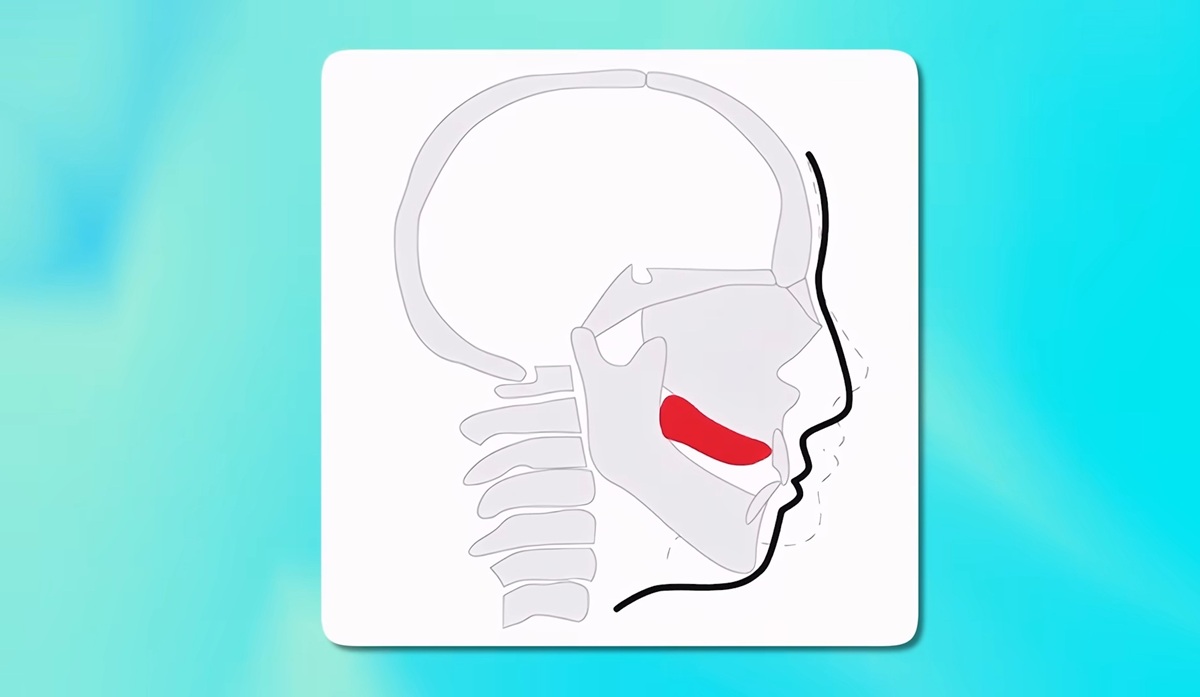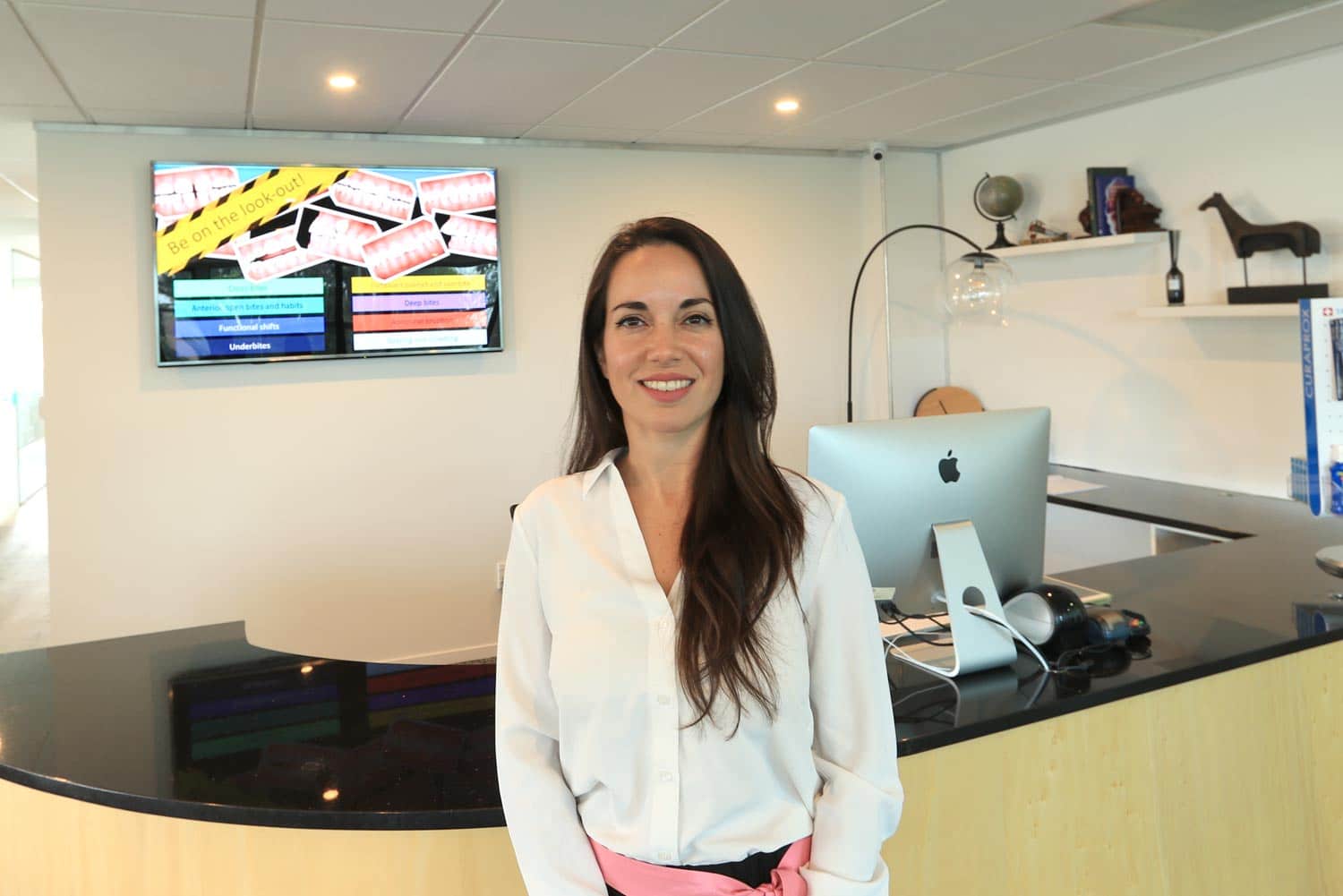When is the right time to start orthodontic treatment? For many families, the assumption is: the earlier, the better. But that common belief doesn’t always reflect best practice, according to Shakespeare Orthodontics’ Dr. Mo Al-Dujaili.
When Early Isn’t Always Best
In his daily work across four Auckland clinics, Dr. Mo regularly encounters young patients and concerned parents seeking early intervention for crooked teeth or bite issues. Yet, in a number of cases, his recommendation is not to begin treatment immediately—but to wait.
“There’s a big difference between starting early and starting at the right time,” he says. “Just because we can do something, doesn’t mean we should.”
Dr. Mo explains that while early orthodontic assessment is beneficial—especially to catch serious issues in bite development—actual treatment, such as braces, is not always appropriate straight away. The timing depends on more than dental alignment; it often comes down to the child’s stage of growth, amount of crowding, cooperation level, and long-term treatment goals.
“If you start treatment too early, what can happen is you do a little bit of work now, and then you need to do a full round again later,” he says. “If they’re not ready in terms of maturity, or the development of their teeth hasn’t reached a certain point, we’re not helping them—we’re just extending the time the patients are in treatment and adding unnecessary costs to families.”
Avoiding Treatment Burnout
Dr. Mo recalls seeing a patient who had already undergone early orthodontic work elsewhere and was now facing a second round of full braces. “The family was incredibly frustrated,” he says. “They thought they’d finished already. That can really undermine confidence in the process.”
Other young patients have sometimes endured years of intermittent treatment before receiving comprehensive care. “We’ve had some patients presenting at the age of 13 that have been receiving continuous treatment since the age of 6. That’s seven years of orthodontics—that’s exhausting for anyone, let alone a child.”
This extended timeline isn’t always necessary. “In many cases, if we’d started treatment at the right moment, we could have been done in two years,” Dr. Mo adds. “Sometimes if you wait a little bit longer, you can actually get a much better result and group treatment corrections with one appliance, rather than multiple appliances,” he says.
He points to cases where parents are presented with treatment options without a long-term view. “Sometimes there’s an urgency from outside influences to get started. But when you step back and ask, ‘What’s the goal here?’, the best answer is sometimes to wait when the time is right.”
Prioritising Efficiency and Results
The decision to delay is not taken lightly. In some circumstances, waiting allows for more targeted and efficient care once the patient’s permanent teeth have developed further. According to Dr. Mo, this approach also helps avoid treatment fatigue—the burnout that can occur when young patients feel worn down by years of dental visits.
“There’s no medal for being the first kid to have braces in school,” he says. “We want to make sure that when we start, we’re doing it for the right reasons, at the right time, with the best possible outcomes in mind.”
Efficiency, he says, comes from using the right treatment tools at the right stage of development. “We tailor treatment using over 20+ different appliances, based on what each patient actually needs. Not everyone requires the same type of plate or braces. That level of customisation is what makes treatment efficient and effective.”
Learn how Dr. Mo tailors each treatment using up to 28 different appliances in our deep dive into the tools behind truly customised orthodontics.

A Science-Driven Approach
Dr. Mo draws a firm line between speculative or one-size-fits-all interventions and approaches grounded in clinical research and experience. “There are no shortcuts in orthodontics,” he says. “The biology of tooth movement is complex. If you force it prematurely, it can create complications.”
He explains that orthodontics isn’t about simply moving teeth to look better; it’s about ensuring the result is healthy and sustainable. “If you shift the teeth too soon, you risk instability or relapse. You want that correction to hold.”
And while families may be influenced by marketing or anecdotal stories, Dr. Mo encourages them to ask questions and focus on evidence-based recommendations.
“The most important thing we do in the first consultation is diagnose properly and educate patients and their families. We explain the risks and benefits of early treatment, and how choosing the right time can actually reduce the total treatment time—and costs.”
Managing Expectations
One of the challenges in explaining delayed treatment to families, Dr. Mo notes, is managing expectations in a culture that often values immediate results. “Parents understandably want to help their kids as soon as possible. But part of our role is to educate—to show that sometimes the smarter approach is to monitor development rather than rushing in.”
The philosophy extends beyond physical readiness. Emotional maturity plays a role too. “Orthodontics is a commitment,” he says. “We need to know that a patient can follow instructions, maintain hygiene, and understand their responsibility in the process. That’s not always about dental maturity—it’s about readiness.”
In his experience, older children and teens who begin treatment later—but at the right developmental stage—tend to be more engaged and cooperative.
“What I find is if you wait till the right time and the kid is motivated and they’re ready, they take ownership of the process,” Dr. Mo says. “And so, they brush better, they wear things better, they follow instructions better.”
A Shift Toward Smarter Treatment
Rather than focusing on quick fixes, Dr. Mo advocates for customised care plans based on each individual’s growth, needs, and biology. He says that families often feel reassured once they understand the rationale.
“When you explain to parents why you’re not starting treatment straight away, they’re usually relieved,” he says. “They just want to know that you’ve got a plan and that there’s a good reason behind the decision to wait.”
His approach highlights a broader shift in modern orthodontics: one that prioritises efficiency, patient well-being, and trust over fast-track treatment timelines. For Dr. Mo and his team, success is not defined by starting early, but by finishing well.
He also emphasises the role of community trust in their approach. “We’re trusted in the community that we serve. Often, they have been referred by a friend, family member, neighbour, where they have seen the results obtained for others,” he says.
For parents who are unsure about when to begin their child’s orthodontic journey, Dr. Mo offers a simple piece of advice: Ask questions. “If you’re unsure, you’re allowed to get a second opinion,” Dr. Mo says. “You should never feel rushed into any decision.”
Would You Like to Discuss Treatment Options?
For expert orthodontic advice, don’t hesitate to book a consultation with a specialist orthodontist at Shakespeare Orthodontics.
Shakespeare Orthodontics: Shaping a Smile You Will Love
Four Auckland Locations: Takapuna (North Shore), Epsom, Warkworth, Howick
Request an Appointment
Book Now
Ph: 09 2166 888



